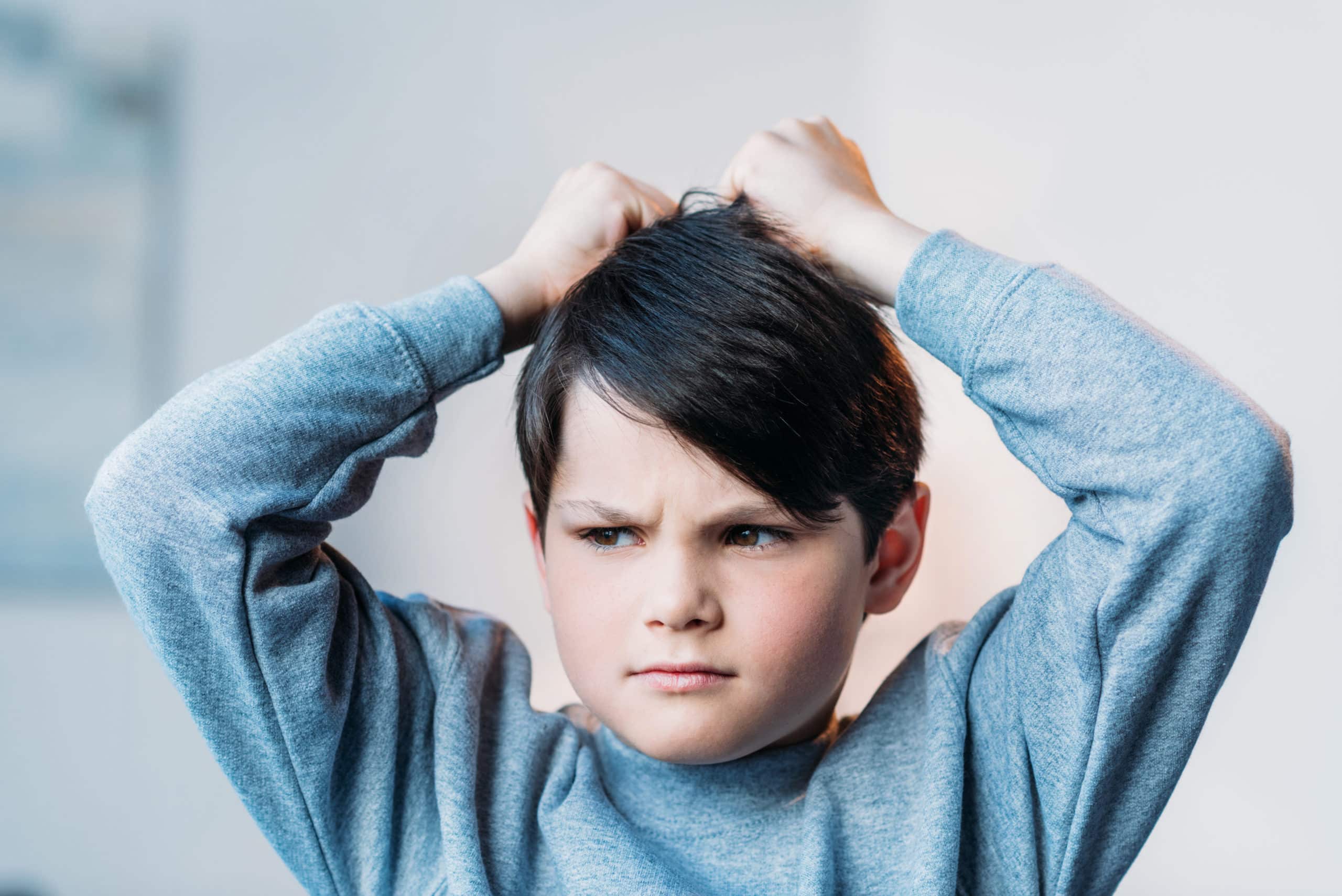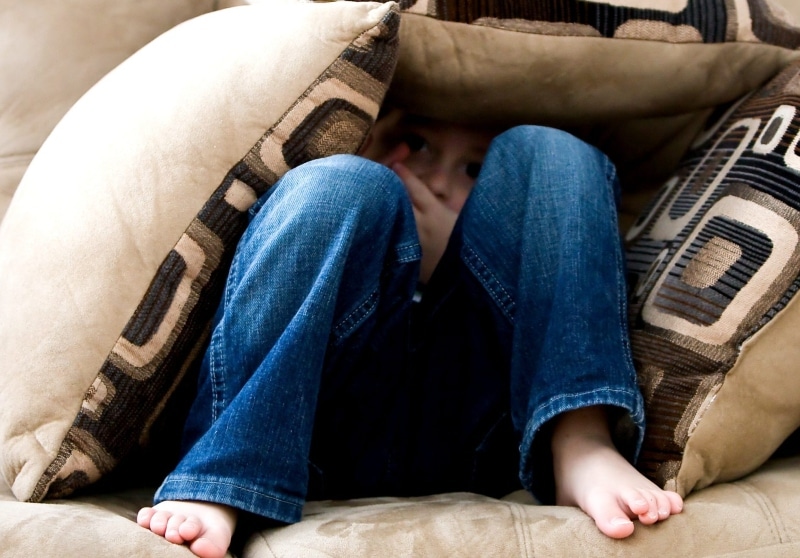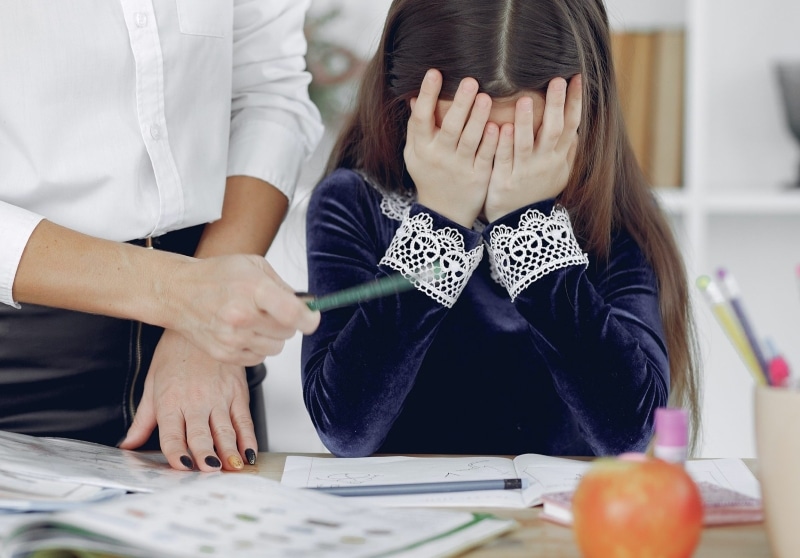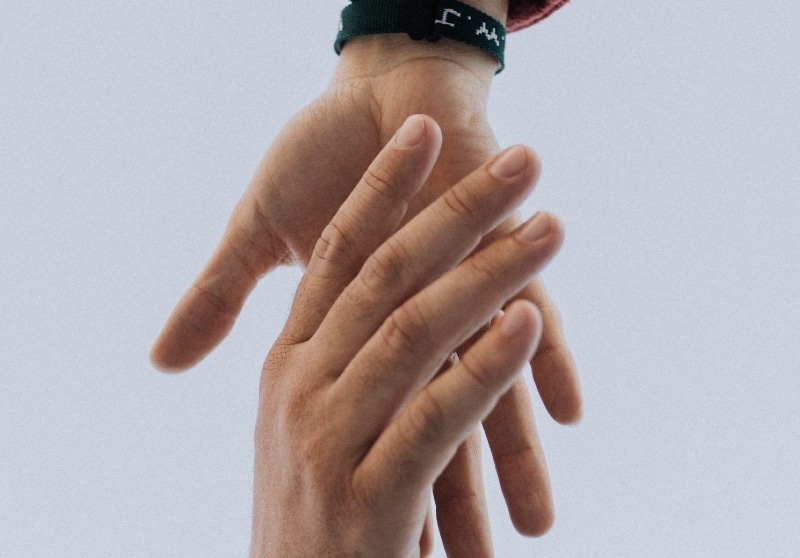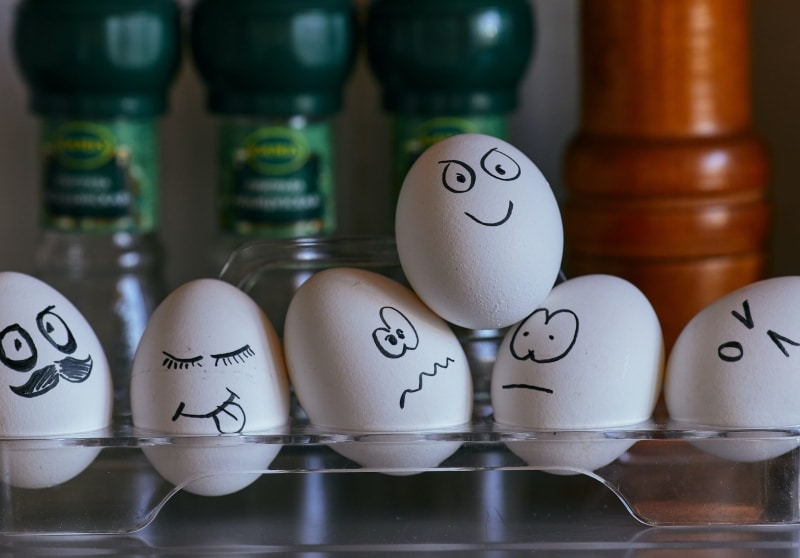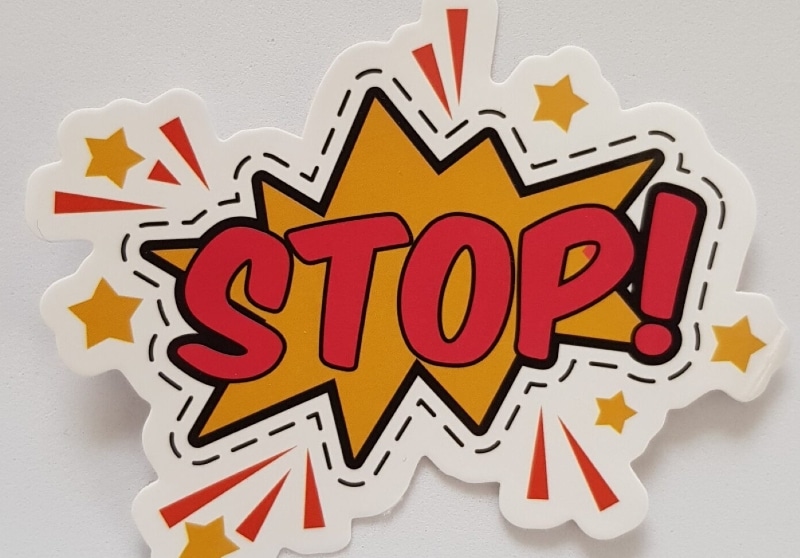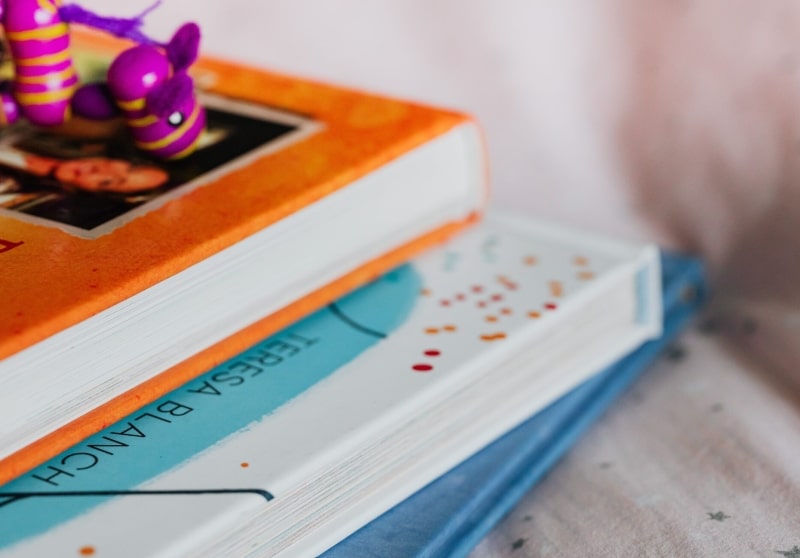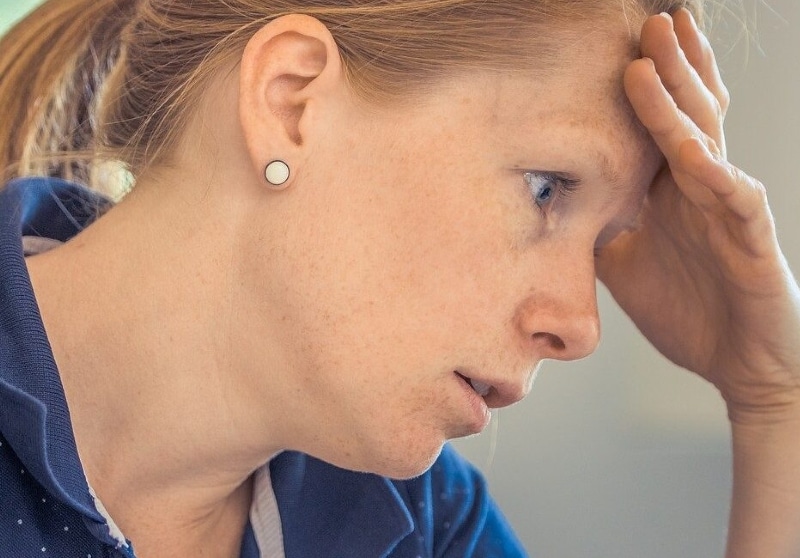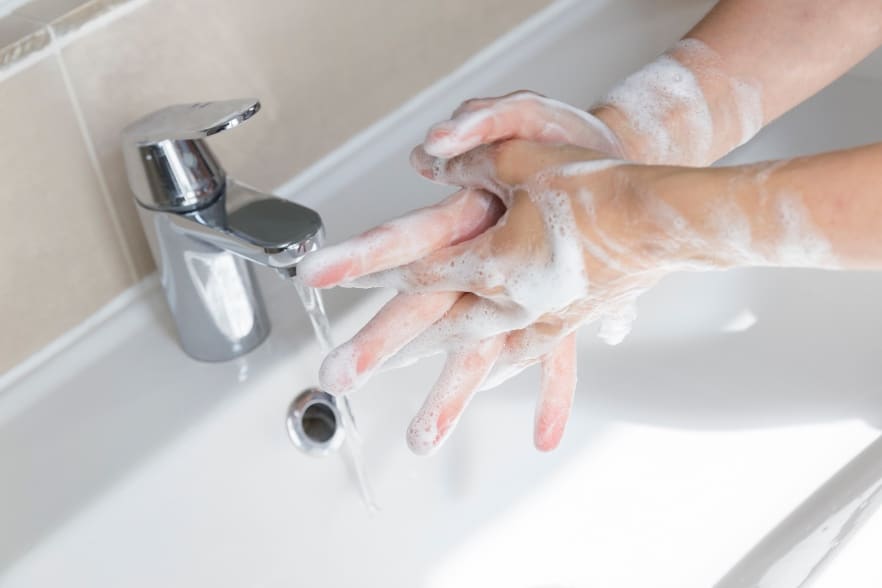
OCD and Anxiety in Children: A Parents’ Guide with Dr Anna Conway Morris
Often, OCD and anxiety are linked and it is important for parents to understand the relationship between them, how to help their child manage OCD behaviours, and when to seek appropriate support and clinical help. This webinar recording, featuring child psychiatrist, Dr Anna Conway Morris, will help to shed light on the nature of OCD in children.


